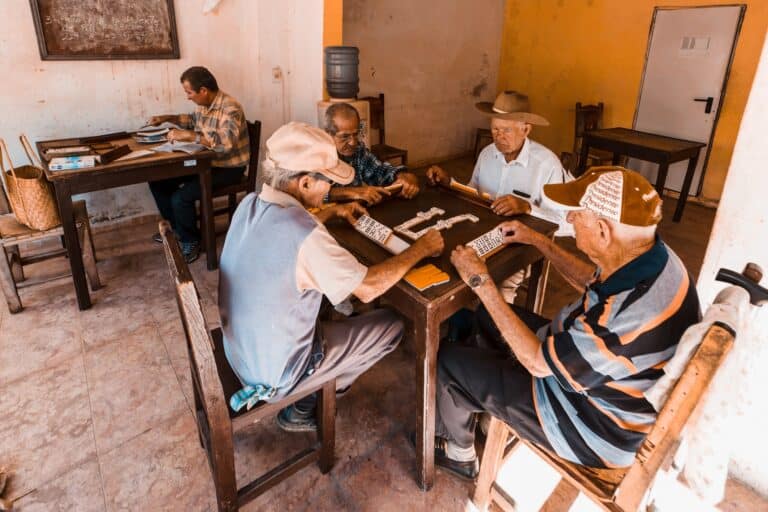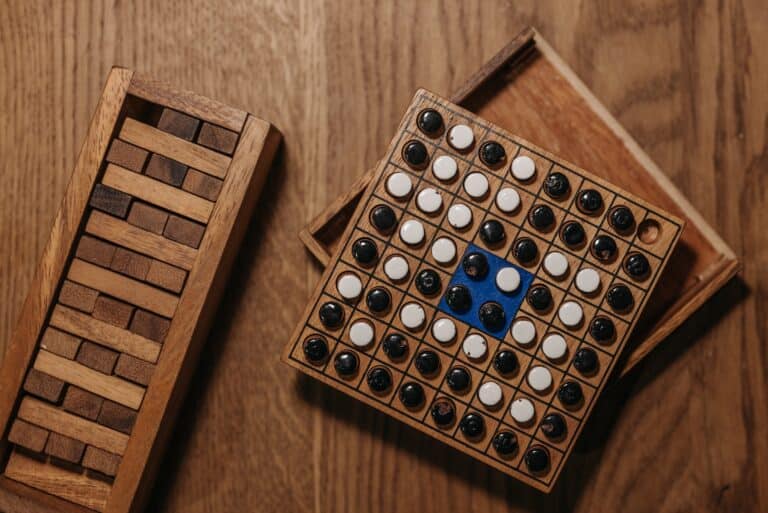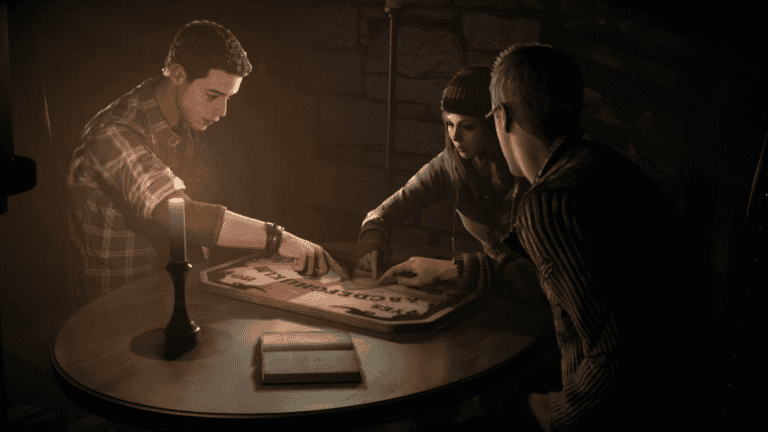Crafting Educational Legacy Games: Combining Learning with Evolving Gameplay
Legacy games have revolutionized the board game industry by introducing evolving storylines and gameplay over multiple sessions. Now, by blending the legacy game format with educational elements, game designers have the opportunity to create unique learning experiences that engage players while reinforcing educational goals. This article explores how to design educational legacy games that offer both evolving gameplay and an enriching learning experience.
Unlocking the Potential of Educational Legacy Games
Educational games have always aimed to teach players new skills or knowledge through play. Legacy games, on the other hand, add the element of change—each playthrough builds on previous ones, with decisions carrying long-term consequences. Combining these two powerful formats allows for a deeper learning experience where knowledge is built over time, mirroring real-life educational progress.
Additional Statement: Discover how legacy games can offer unique, evolving educational experiences by combining storytelling, game mechanics, and learning objectives into long-term play.
Introduction: The Role of Legacy in Learning
What makes legacy games stand out in the world of board games is their ability to evolve. Unlike traditional games, which reset after each session, legacy games change as you play, with new rules, components, and challenges emerging. When applied to education, this evolving format can mirror how students learn in stages, reinforcing previously acquired knowledge while introducing new concepts.
Imagine a history-based legacy game where players take on the roles of historical figures and make decisions that shape the course of history. Over time, the game would introduce new characters, events, and challenges that reflect historical progression. By crafting a narrative-driven game with evolving challenges, players can gain a deeper understanding of historical cause and effect, much like they would in a classroom setting.
Benefits of Legacy Games in Education
Educational legacy games offer several advantages over traditional educational games:
- Long-Term Engagement: Legacy games are designed to be played over multiple sessions, encouraging sustained interest in the educational content.
- Layered Learning: As players progress through a legacy game, they unlock new content and mechanics that build on previous knowledge, reinforcing learning.
- Interactive Storytelling: The evolving narrative of a legacy game can immerse players in the educational content, making learning more engaging and memorable.
- Consequences and Reflection: Players experience the consequences of their decisions, promoting critical thinking and problem-solving skills.
Integrating Educational Themes into Legacy Games
To create an educational legacy game, it’s essential to start by identifying the learning objectives. What do you want players to learn by the end of the game? Here are some examples of educational themes that work well with legacy gameplay:
1. History and Social Studies
One of the most natural fits for a legacy game is history. Legacy games can evolve in line with real-world historical events, allowing players to experience different eras, political movements, and cultural shifts. For example, a game could start in the Renaissance period, with players acting as key figures. As they progress, they could unlock the Industrial Revolution and modern-day challenges, seeing how earlier decisions impact the present.
Example: A legacy game set during the American Revolution could involve players making strategic decisions as leaders of the rebellion. Each session could introduce new historical events, challenges, and objectives, simulating the complexities of the revolution.
2. Environmental Science
An environmental science-themed legacy game could challenge players to manage resources and combat climate change. As the game progresses, players could unlock new scientific technologies and environmental challenges, demonstrating the importance of sustainability.
Example: The first few sessions might focus on industrial development, where players must balance economic growth with environmental impact. As the game evolves, the focus shifts to global climate crises and renewable energy solutions.
Game Mechanics That Reinforce Learning
Integrating educational themes into a legacy game requires carefully crafted mechanics. Here are a few mechanics that can enhance the learning experience in educational legacy games:
1. Unlockable Content
Legacy games are known for their “unlockable” elements, such as sealed envelopes, hidden boxes, or new rules that are revealed after certain milestones are achieved. In an educational game, these unlocks could represent new lessons or concepts. For example, in a science-based legacy game, players might unlock advanced technologies or scientific principles as they progress.
2. Permanent Changes
One of the hallmarks of legacy games is that certain changes—whether to the board, components, or rules—are permanent. This mechanic can be used to represent the long-term impact of decisions. In an economics-focused game, for instance, players could enact policies that affect the economy for the rest of the game, teaching lessons about long-term planning and consequences.
3. Personalized Narratives
Incorporating personalized storylines for each player allows for deeper engagement. If each player represents a historical figure or a scientific pioneer, they could have unique objectives or story arcs that align with the game’s educational focus. For example, in a biology-themed legacy game, one player might focus on studying endangered species, while another player works on renewable energy research.
Evolving Gameplay for Evolving Minds
Educational legacy games offer a unique opportunity to provide layered learning experiences that evolve over time. As players progress through each session, they can revisit earlier lessons, apply new strategies, and see how their decisions shape the future. This mirrors the way students learn in real life, where knowledge builds on previous experiences.
Whether you’re designing a history-based legacy game that teaches political decision-making or a science game that encourages environmental responsibility, the evolving nature of the legacy format makes it a perfect fit for education.
Conclusion: The Future of Learning Through Play
Educational legacy games represent an exciting frontier in both game design and learning. By combining the evolving, engaging nature of legacy gameplay with clear educational objectives, these games can provide a unique and rewarding learning experience for players of all ages. As more game designers explore this format, we can expect to see a new generation of educational games that both challenge and inspire players over multiple sessions.
If you’re interested in educational game design or want to explore the legacy game format further, subscribe to our newsletter for more insights and resources!
FAQs
What is a legacy game?
A legacy game is a board game designed to evolve over multiple playthroughs. Game mechanics, rules, and components can change permanently based on decisions made during gameplay.
How can legacy games be used for educational purposes?
Legacy games can reinforce learning by gradually introducing new concepts and challenges. Their evolving nature allows players to build knowledge over time while engaging with immersive storytelling.
Can legacy games be used in a classroom setting?
Yes, educational legacy games can be an excellent tool for classroom learning. Their long-term engagement and layered learning format make them well-suited for reinforcing lessons across multiple sessions.
What subjects are best suited for educational legacy games?
Subjects like history, environmental science, and social studies work particularly well with the legacy format, as they involve ongoing themes that can evolve over time.
How do you design an educational legacy game?
To design an educational legacy game, identify your learning objectives, create evolving mechanics that align with those objectives, and use the legacy format to introduce new concepts gradually.
Keywords: legacy games, educational board games, evolving gameplay, immersive storytelling, board game design, unlockable content, game mechanics, layered learning, history games, environmental science







